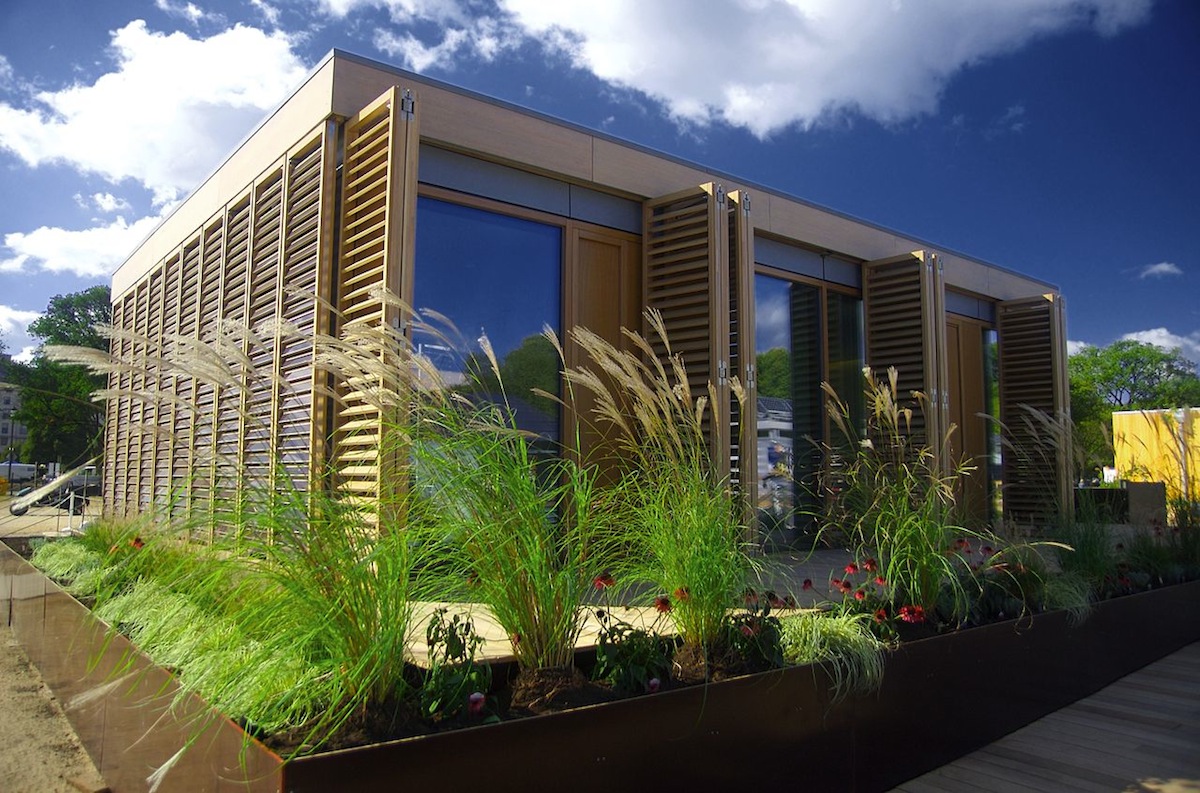The International Code Council (ICC) and ASHRAE have come to the final agreement that outlines each organization’s role in the development and maintenance of the new version of the International Green Construction Code (IgCC).
Sponsored by the American Institute of Architects (AIA), ASHRAE, ICC, the Illuminating Engineering Society (IES), and the U.S. Green Building Council (USGBC), “IgCC Powered by 189.1” will provide the design and construction industry with “the single, most-effective way to deliver sustainable, resilient, high-performance buildings,” the groups say.
The code is scheduled to be released in 2018. The ICC will be responsible for Chapter 1, Scope and Administration. ICC will coordinate the technical provisions developed by ASHRAE with the provisions in Chapter 1 of the 2015 IgCC. As a result, the 2016 Group B Cycle will not include Chapter 1 of the IgCC for code changes.
With ASHRAE developing technical provisions, ICC’s 2017 Group C cycle to develop the 2018 IgCC has been cancelled. Part of the development process for the 2018 technical provisions will include the SSPC review of the 2015 IgCC and consideration of content for inclusion in 189.1-2017, along with changes generated by the committee and proposals submitted by stakeholders. Following the completion of the 2018 IgCC, Chapter 1 of the IgCC will be developed by ICC using its consensus code development process.
“Our goal in this partnership all along has been to share resources to increase use of the IgCC and make it simpler for code officials, designers and contractors to build environmentally efficient structures that will lessen energy and water consumption and reduce the carbon footprint,” said ICC Board President Guy Tomberlin, CBO. “We are now situated to do just that.”
Related Stories
| Oct 28, 2011
Los Angeles County mulling building codes for improving health
An ordinance would amend county building codes to promote better walking environments, encourage more bicycling, improve access to healthy foods (farmers markets, community gardens), and enhance project review requirements to ensure that developers include healthy-lifestyle components in their building plans.
| Oct 28, 2011
Bipartisan opposition to federal 3% withholding for contractors
Both major political parties and the Obama Administration support repealing a law that would withhold 3% of all government contracts.
| Oct 28, 2011
OSHA requires training module on top causes of construction deaths
The Occupational Health and Safety Administration (OSHA) now requires a training module on the top four causes of death for construction workers.
| Oct 28, 2011
New York City requiring building energy use to be posted online
Owners of every New York City commercial and residential building larger than 50,000 sf will have to post each building’s energy use online by 2013.
| Oct 28, 2011
New ISO standard for escalator safety
A new ISO standard specifies safety requirements for escalators and moving walks.
| Oct 20, 2011
LEED 2012 to require real-time energy, water use reporting
The LEED 2012 rating system, set to launch in November 2012, will contain features to make sure buildings function as intended, and improve over time.
| Oct 20, 2011
New York City moving to speedier, online design reviews
New York City is moving towards a development design review process that will let officials and developers review blueprints for new projects online in a virtual conference room rather than in person.
| Oct 20, 2011
Michigan bill would let private firms operate as a city’s building department
Michigan House Bill 5011 would change state’s building code to allow private companies to operate as a municipality's building department.
| Oct 20, 2011
Alabama’s strict immigration law drives away construction workers
Alabama's strict new immigration law is driving many construction workers and roofers from the state.
| Oct 20, 2011
Fed bill would allow school rehab funding via historic tax credits
Virginia Sens. Jim Webb (D) and Mark Warner (D) introduced a bill this month to rehab aging schools across the country through the use of historic tax credits.











